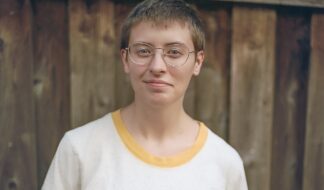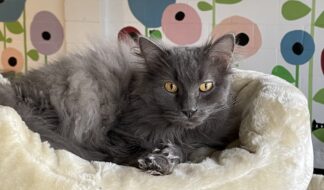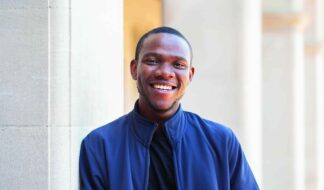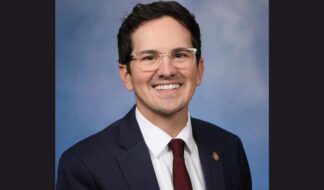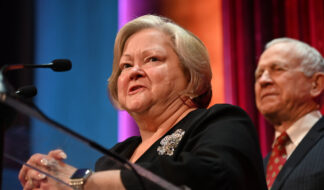How Sinead O'Connor Embraced the Queer Community and Her Own Flexible Sexuality
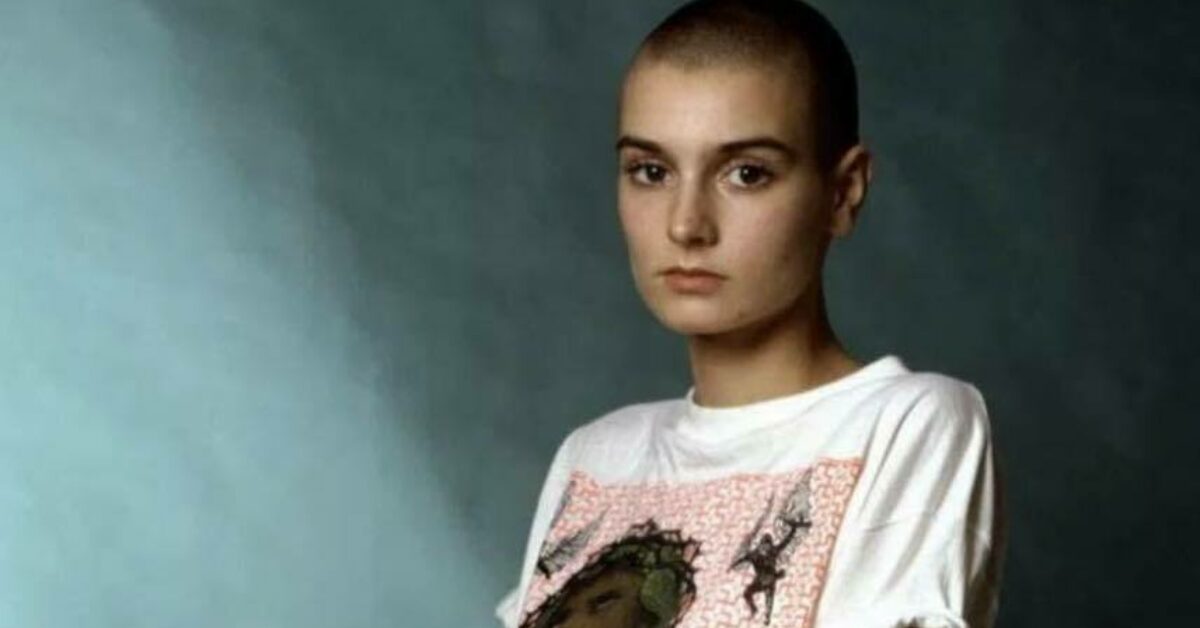
Tributes to the controversial and brazen Irish singer Sinead O'Connor have been pouring in since the musician was found dead in her London home on July 26. O'Connor's biggest contribution to the music industry is surely her barebones, pure-voiced version of the Prince song "Nothing Compares 2 U" from 1990, along with the Grammy award-winning album "I Do Not Want What I Haven't Got."
But it was O'Connor's 1992 "Saturday Night Live" performance that perhaps best exemplifies the singer's role as a "protest singer," a categorization she claimed in many interviews over the years. On the "SNL" stage, O'Connor ripped up a photo of Pope John Paul II while performing Bob Marley's "War," a statement about the scandals plaguing the Catholic Church at the time. In her 2021 memoir, "Rememberings," the singer wrote that the photo, which belonged to her mother, "represented lies and liars and abuse."
What we here at Pride Source will most remember is O'Connor's unwavering commitment to the queer community and her brushes with taking on a queer identity herself. In a 2000 interview with Curve magazine, O'Connor called herself a dyke. Just a year later she retracted that statement and said it was "overcompensating of me to declare myself a lesbian." Then, in 2005, she told Entertainment Weekly she was "three quarters heterosexual, a quarter gay."
But O'Connor was perhaps never quite as honest as when she spoke with Pride Source in 2014. "I think if you fall in love with someone, you fall in love with someone," she said. "I don't think it would matter what they were. They could be green, white and orange, they could be whatever the opposite of gay or straight is. I don't believe in labels of any kind, put it that way. If I fall in love with someone, I wouldn't give a shit if they were a man or a woman."
Growing up in Ireland in the 1970s, O'Connor said there was no such thing as "gay" in her world. "I had never even heard of 'gay' except for there was a female impersonator who had a big TV show in the '70s, a guy called Danny LaRue," she told Pride Source's Chris Azzopardi. "I used to love his show. But I never knew there was any such things as gay until I was 17."
After moving to London, O'Connor quickly learned what gay was when a cousin of hers started taking her out to places like the Hippodrome Nightclub & Disco. "It was the first I went to," she said, "and it was full of guys dressed up as the most beautiful looking women - way more beautiful than any other woman was ever gonna hope to look. I thought that was incredible. - Put it this way, I was really jealous that I was never gonna look that fucking good."
O'Connor said she would never forget those early days of discovery. "It was real inspiring to me to see those guys able to walk around and be who they were. I actually find the whole gay community an enormous inspiration to me because, Jesus, I've never taken the kind of shit gay people take."
Time and time again, O'Connor showed her appreciation to the queer community in many different ways. In 2017, she donated clothes to the Transgender Equality Network Ireland because she wanted her old clothes to go to trans youth. In 2019, a year after she converted to Islam, O'Connor appeared on Good Morning Britain wearing a rainbow top alongside her hijab. She has also, throughout the years, donated to AIDS and other causes.
But in the powerful Pride Source interview, O'Connor spoke about more than just sexual orientation - hers or anyone else's. She spoke about success and how at times it made her feel invisible.
"It's a very complicated thing to explain, but the price you pay for being a successful musician is your life, and the more successful you are, the more of a price you pay," she said. "That makes you invisible. People project onto you, and they see something that isn't really you, and the only time you're with people who are relating to you and who you really are is when you're with your family or friends, or when you're making music. The business of music is a really ugly business, and it's difficult that the price you pay metaphorically for being successful is your life."

